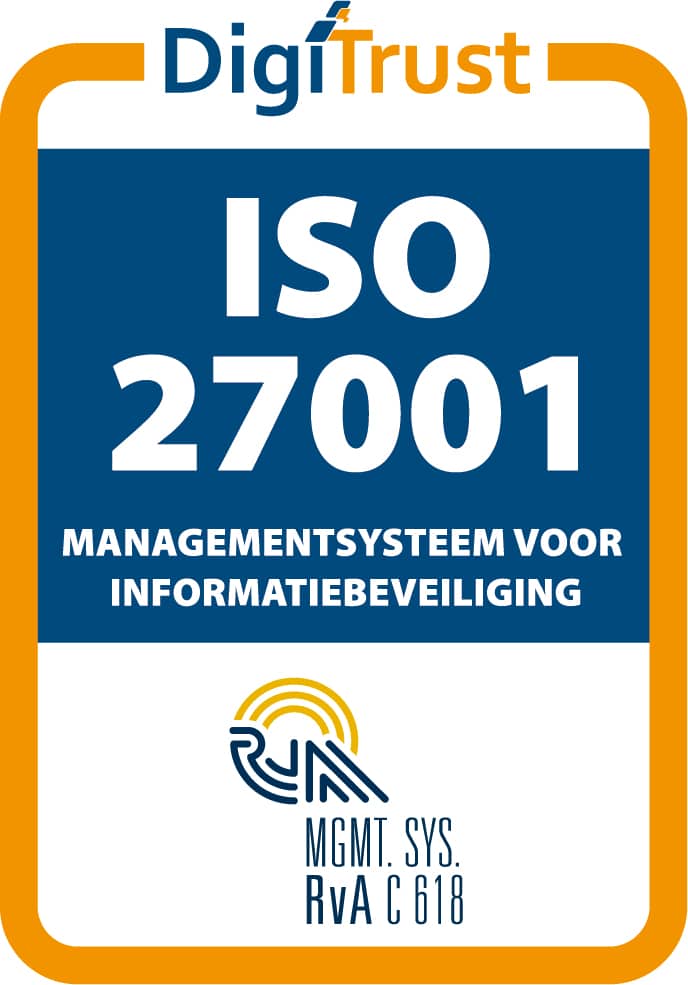Authentication means
The security level of authentication determines the legal validity of the signature
Zynyo provides all services for advanced and qualified digital signatures. Both are 100% reliable and have the same legal validity as a wet written signature provided certain conditions are met.
In part because the methods used by Zynyo to authenticate signers are sufficiently reliable, the identity of signers is guaranteed and Zynyo's advanced and qualified electronic signatures are reliable and legally valid.
Electronic signature law
In the Netherlands, a document with a digital signature has the same legal validity by law as a document with a wet written signature, provided certain conditions are met. These conditions are laid down in the "law on electronic signatures. This law says that a digital signature has the same legal validity as a handwritten signature, if the method of authentication used in doing so is sufficiently reliable.
Authentication means
Bij digitale handtekeningen wordt m.b.v. authenticatiemiddelen de identiteit van de ondertekenaars vastgelegd. Er zijn verschillende soorten authenticatiemiddelen. En elk met een verschillend veiligheidsniveau. Deze niveaus zijn in Nederland en Europa bepaald vanuit de eIDAS (‘Electronic Identification And Trust Services´). Zynyo ondersteunt verschillende authenticatie middelen en kan daarbij alle door de eIDAS gedefinieerde niveaus van digitale handtekeningen ondersteunen.
Normale handtekening
- Muis-krabbel
- Handtekening plaatje
- SMS-TAN code
Geavanceerde handtekening
- iDIN
- DigiD
- eWallet (Yivi)
- eRecognition
- Passport (CheckedID)
- Single sign-on
Gekwalificeerde handtekening
- Personalised PKI certificates
- Beroepsgebonden PKI-certificaten
- Organisation-specific PKI certificates
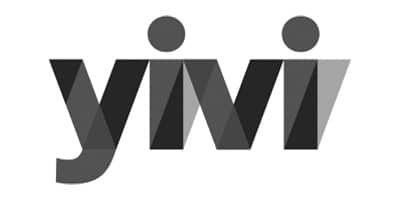
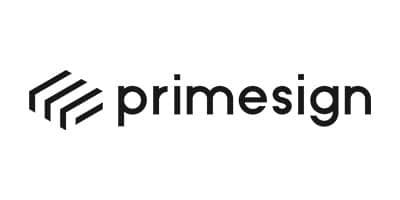
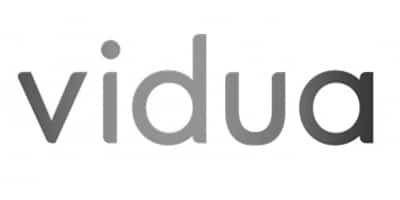

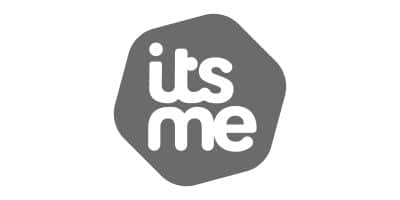
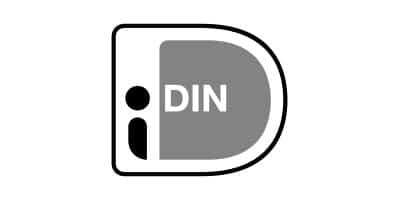
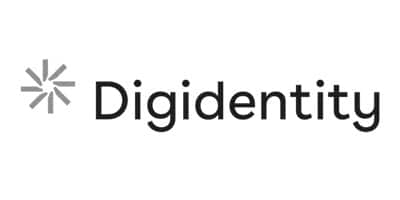
Authentication based on a PKI certificate
PKI stands for Public Key Infrastructure. A PKI-based person-based certificate is proof to anyone that a public key belongs to a particular person. The person-based PKI certificate is the most secure method of authentication.
Authentication in digital signatures
Bij de geavanceerde digitale handtekening wordt ook gebruik gemaakt van een PKI certificaat. De dienstverlenende ondertekeninstantie heeft dan een dergelijk PKI organisatiecertificaat. Een stap verder in beveiliging gaat de gekwalificeerde digitale handtekening. Dan heeft een van de ondertekenaars een eigen persoonsgebonden PKI certificaat. Dit komt bijvoorbeeld voor bij beroepsbeoefenaars waarbij de identiteit gezekerd moet zijn, zoals notarissen, registeraccountant en burgermeesters.
Authentication for qualified signing
The qualified electronic signature uses a qualified personal or organisation-specific PKI certificate to authenticate the signatory.
Dit certificaat garandeert in hoogste mate de identiteit van de ondertekenaar. Een certificaat wordt uitgereikt na een identificatie door een door de Nederlandse overheid geaccrediteerde instantie. Tegenwoordig is het bij sommige PKI certificaat leveranciers mogelijk de identificatie op afstand te doorlopen door het uitlezen van de NFC chip op een identiteit document eventueel aangevuld met een video call.
